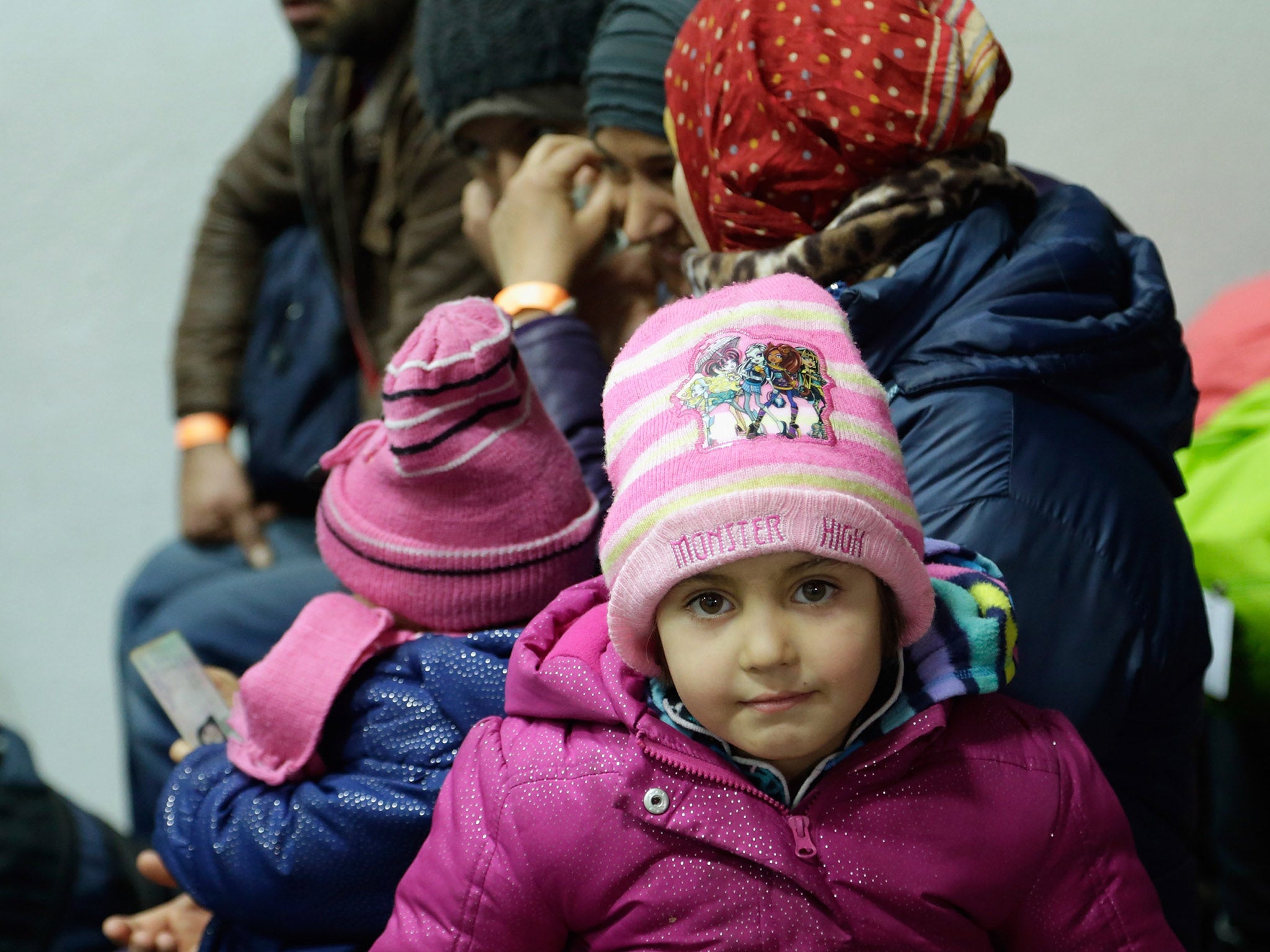Refugee crisis: Angela Merkel agrees to tighten asylum rules to stem numbers arriving in Germany
New rules will reduce family reunions for refugees and speed up deportations of failed applicants

Your support helps us to tell the story
From reproductive rights to climate change to Big Tech, The Independent is on the ground when the story is developing. Whether it's investigating the financials of Elon Musk's pro-Trump PAC or producing our latest documentary, 'The A Word', which shines a light on the American women fighting for reproductive rights, we know how important it is to parse out the facts from the messaging.
At such a critical moment in US history, we need reporters on the ground. Your donation allows us to keep sending journalists to speak to both sides of the story.
The Independent is trusted by Americans across the entire political spectrum. And unlike many other quality news outlets, we choose not to lock Americans out of our reporting and analysis with paywalls. We believe quality journalism should be available to everyone, paid for by those who can afford it.
Your support makes all the difference.Germany has agreed new laws to tighten rules for incoming refugees.
Chancellor Angela Merkel reached an agreement with her coalition partners on Thursday evening to speed up deportations.
The new measures also include a two-year ban on family reunions for asylum seekers who are granted limited refugee protection, said Economy Minister Sigmar Gabriel, announcing the deal.
The coalition partners have also agreed that people from Morocco, Algeria and Tunisia will not have an automatic right to asylum as these countries have been deemed “safe”.
The government also announced plans to accept more refugees from the camps in Turkey and Lebanon.
Mr Gabriel told reporters the mood “was good” between the coalition partners despite weeks of tension over Bavaria based Christian Social Union’s leader Horst Seehofer's threat to take the government to court if they do not stem the flow of refugees.

Ms Merkel’s “open-door” policy towards refugees has come under fire in recent weeks following the sex attacks on women in Cologne by suspected refugees on New Year’s Eve.
German towns and cities have said they are struggling to cope with the influx of 1.1m refugees who have arrived in the country over the past year.
700 people crossed the German border from Austria every day over the past - down from an average of 2,000 people a day earlier this year.
German officials have warned of a fresh spike in numbers when the weather improves.
Mr Gabriel said the new bill would deter illegal immigration.
Additional reporting by Reuters
Join our commenting forum
Join thought-provoking conversations, follow other Independent readers and see their replies
Comments